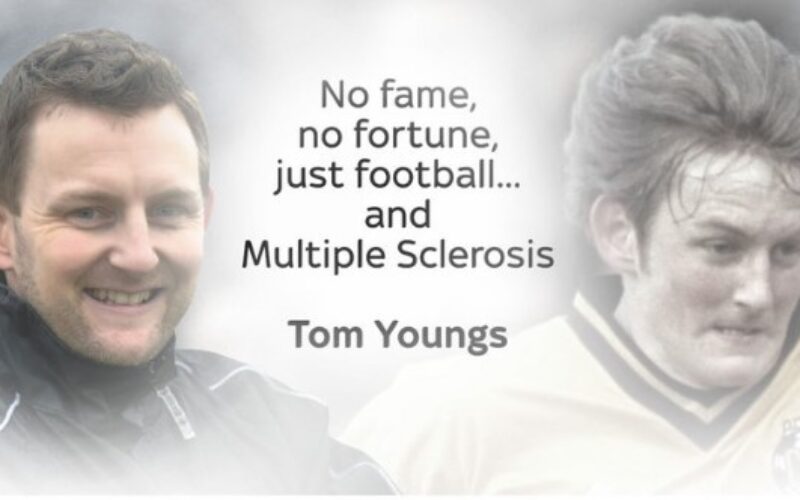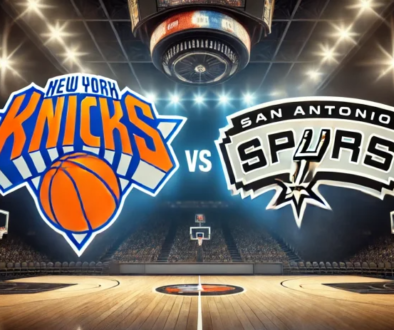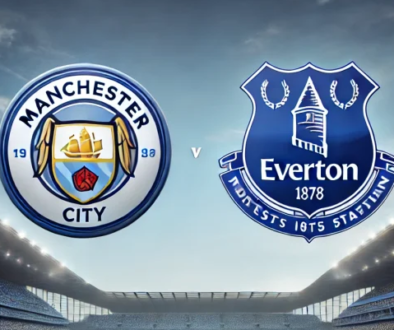Tom Youngs interview: Cambridge favourite’s multiple scleroris battle
Former Cambridge, Northampton and Bury forward Tom Youngs is suffering from multiple sclerosis at the age of 37. Adam Bate spoke to Youngs about the challenges he’s facing, how his football background helps and why he chose to write a book about his experiences…
Life after football can be scary.
But for Tom Youngs that never particularly looked like being much of a problem. By his own admission, the former Cambridge United forward was not your typical footballer.
For example, there was the sports journalism degree he’d picked up at the back end of his playing days. He later pursued a career in accountancy and is now working towards the AAT qualification. As a youngster, he had even been accepted to study law at Birmingham. Far from being short of options, the only issue for Youngs was choosing which to pursue next.
But in February 2013 all that changed.
„I was having problems with my eyesight,“ he tells Sky Sports. „They did tests and told me that they couldn’t find anything wrong with my eye. I was sent to the hospital and from there it gradually snowballed. They did more tests and then sent me to neurology. It’s at that point you realise there’s something bigger at play.“ Confirmation eventually followed.
„I was formally diagnosed with multiple sclerosis in the summer of 2014.“
Multiple sclerosis is a neurological condition affecting the brain and spinal cord. Life expectancy is around five to ten years lower than that of an unaffected person but perhaps more troubling is the degenerative nature of MS. The symptoms are wide-ranging.
It is devastating news for anyone to have to take in. „When I was diagnosed I was struggling for the first few months,“ admits the 37-year-old. „I didn’t really want to talk to anybody about it. I think it was probably scarier for my family as they were reading up on things.
„It certainly wasn’t something that I knew about. In fact, I didn’t know anything about MS at all. So when you’re reading, there are some horror stories. Then there are people who don’t get affected too much at first, so you can’t really work it out. The doctors cannot say it is going to work out this particular way for you.
„You really have to just take it as it comes, to be honest. There’s a difficulty in that but I’m generally a positive and resilient person so you just deal with it the best you can.“
By any measure, Youngs has dealt with it well. Indeed, with the support of wife Chelle and young daughters Hannah and Orla, it is striking how he has responded to adversity with such grace and humour. But he has done more than that. As well as coping with his own condition, he has written a book about his life in the hope of inspiring others.
„Because of the lack of awareness in the wider public, people with MS don’t talk about it,“ he explains. „If that’s affecting me then it’s affecting other people. I just felt that if I’ve got even a slightly elevated profile compared to most people then to do something about it would be good. You know, to raise the profile a bit. That was the germ of the idea.“
It helps that Youngs has a good tale to tell. Right from the start, his career was a little bit unusual. He was identified on Championship Manager as a potential superstar of the future – regarded as a must-buy for players of the seminal computer game.
Championship Manager star
„I was only 17 at the time,“ recalls Youngs. „A lot of the scouting back then was just people they knew at clubs and I actually think the guys who originally devised the game were Cambridge fans so we were quite well treated in those early versions.
„By Championship Manager 3 I was one of the best players on the game really. It was pretty much guaranteed that if you signed me then I’d play for England and be sold for millions. It was a good bit of fun. Me and my best mate used to play Champ Man before I was even on it so we were obviously really into it. I did speak about it with my friends.
„In the dressing room it wasn’t huge to start with but I do remember Darren Byfield joining us on loan from Aston Villa. He was getting introduced around the dressing room and it got to me and he knew my name. Even though I was 18 and had only played about 15 games, mostly as sub in League Two, he knew who I was from the game. It was quite surreal really.“
Although Youngs had trials at Lilleshall as a youngster, his real-life career never quite scaled those heady heights. But as well as spells with Northampton Town and Bury, he remains very fondly remembered at first club Cambridge as a member of their 1998/99 promotion-winning side. He was twice their top scorer in subsequent seasons too.
„It was just a brilliant time in my life,“ says Youngs, who grew up and continues to live in nearby Barton Mills. „Obviously, your friends come to watch. It was just brilliant. My whole career was great, there’s nothing better than playing football for a living, but the best times were at Cambridge in terms of playing regularly and scoring goals.“
Since his diagnosis, he has been in touch with the recently established former players’ association as well as the supporters’ association at Cambridge. The latter even arranged a book signing at the Abbey Stadium for the home game against Barnet in August. „They’ve been really supportive, it’s been great,“ says Youngs.
The feedback has been good too. „Everything that has come back so far has been positive,“ says Youngs. „I have reviews online and I have chatted to Cambridge fans. I have heard from Bury fans and I know Northampton fans have bought it as well even though I wouldn’t call my time at Cobblers particularly glorious.
„So it has achieved some interest and will hopefully help people. That was the big reason I did it – to raise awareness even a little bit. I realise I’m not Wayne Rooney so not everyone is going to want to read about it. But I was hoping I could help even in a small way.“
In truth, the fact that Youngs is not Rooney makes the book. As well as some choice lines – „debuts are a bit like losing your virginity only with more spectators“ – his perceptiveness and self-deprecating tone make for an unusual level of insight into dressing room life.
„There aren’t that many books about footballers’ lives really,“ he says. „A lot of them focus on the headlines that people want to read – boozy nights out and so on. Footballers being typical footballers. That was never me. I had always thought maybe there’s a way to get the message out there that not all players are like that. There are different people in the game.“
Casual racism and homophobia is acknowledged. „The dressing room wasn’t always an easy place to be,“ he adds. „I wasn’t what people would think of as a footballer. I got on with everyone and always managed to fit in but there’s a macho undertone everywhere you go in football really. If that’s not you then you try to avoid that part of it but it’s always there.“
For all these reservations about some aspects of football, it is clear that Youngs remains very much in love with the game and grateful for the tools it has given him.
„Football is very helpful,“ he says. „It’s a positive influence on my life because you have to deal with setbacks all the time. At whatever level you are at, even if it just playing in a youth team, you’ve probably been to trials six, seven or eight times and been disappointed, come back from that and shown what you can do. I think football has been very good for that.
„In the professional game, you have to bounce back even within a game too. As a forward player, you might miss a chance in the second minute but there’s no point worrying about that for the next 88 minutes because you might get three more. So you have to react well to adversity no matter how loudly the fans are shouting at you.“
This latest challenge is rather more serious, of course. Youngs needs no reminding of that.
„In the time since the book was released, it has been a lot harder for me,“ he says. „I have had some quite nasty relapses. I have had some numbness in my mid-section and my feet. Then the left leg started to go. I’m now dragging it a bit so I’m having to walk with a cane.
„That’s the kind of thing I didn’t get to discuss in the book because it hadn’t happened at the time but it’s obviously part of the reality of MS that these things are going to happen.
„I have got great doctors at Addenbrooke’s Hospital though. They’re really good and put me on a new drug treatment in January hoping to stem the tide of the growing symptoms. It’s not worked as much as we would have liked but that’s the way it goes. I just take it week by week and put it in the hands of the doctors. Whatever happens we will deal with it.“
And they will deal with it together. „It’s great to have Hannah and Orla around every day,“ he adds. „I might not be able to run around after them but that’s minor compared to spending time with them and enjoying them grow up. We do try to be open with them and tell them what’s happening. But they aren’t going to necessarily understand it all just yet.“
Even now, Youngs feels able to joke that it might have been advantageous to wait for his symptoms to worsen a little before releasing the book. „It was almost as if the MS deliberately kept itself in check while I was writing so I couldn’t spill the beans on it, then started to wreak havoc when I’d gone to print,“ he says.
Maybe an update will be required then? „If there are other opportunities and ventures I’ll look to pursue them,“ he adds. „But I guess there’s only one life story to tell.“
Tom Youngs is still doing all that he can to make sure his is a good one.



